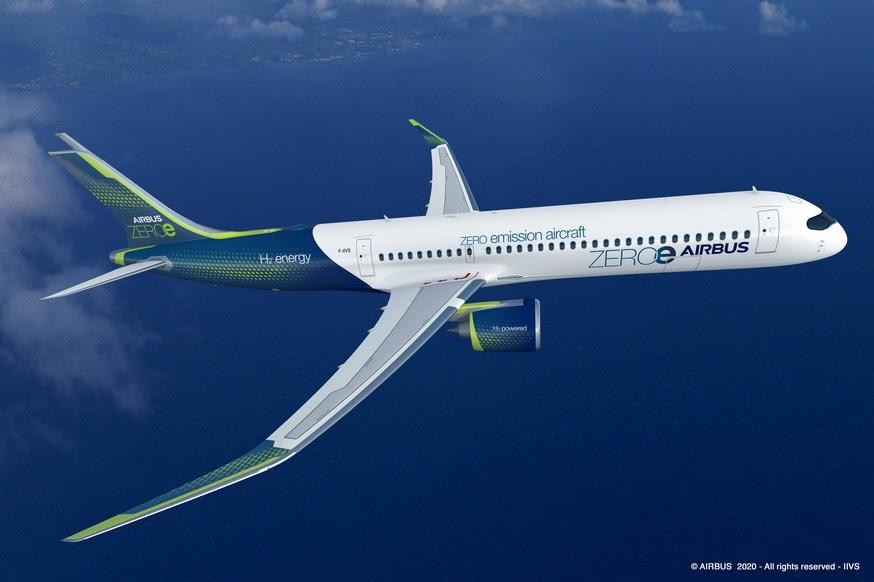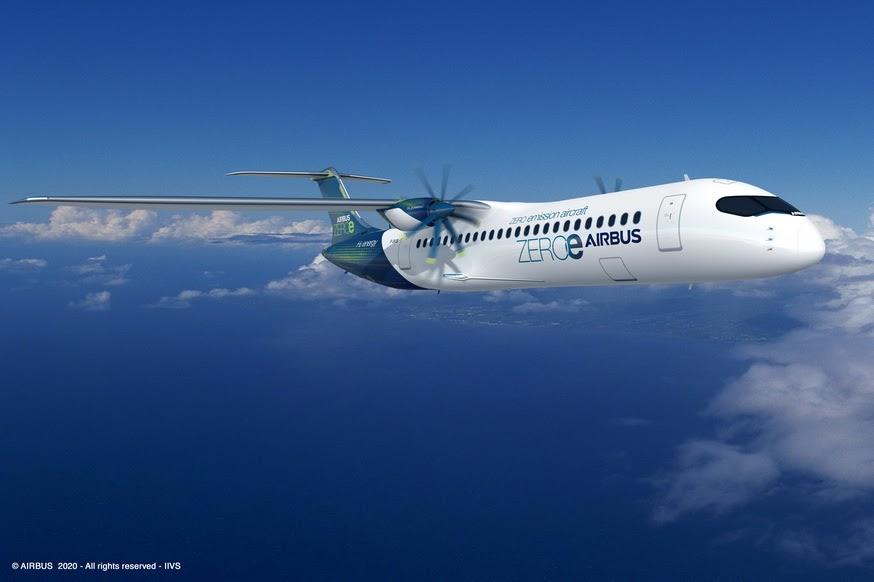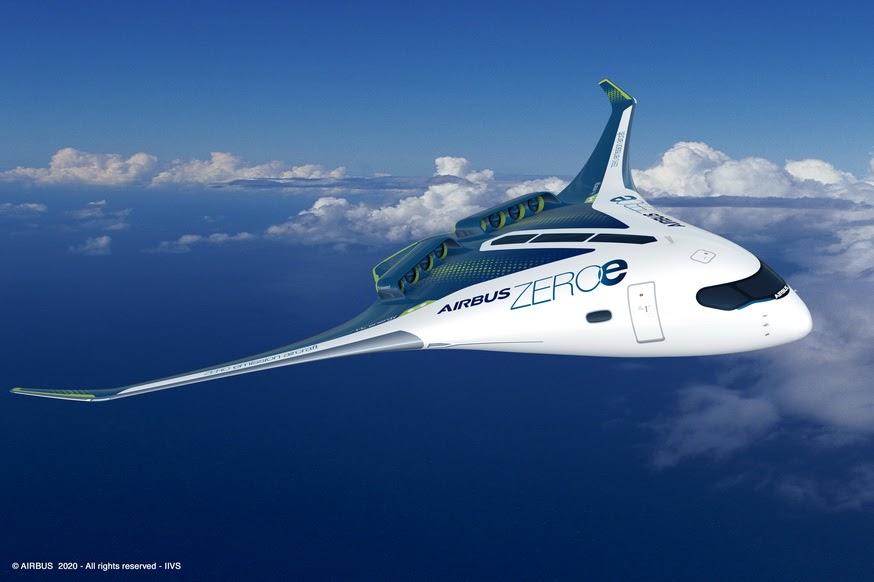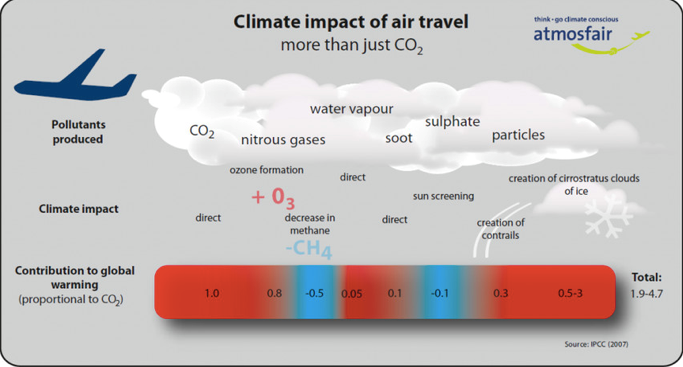Breaking News:

Could the UK’s Crown Estate Shake-Up Accelerate Offshore Wind Investment?
The UK government is proposing…

The Plot to Further Disrupt Russian Oil Flows Proves That Sanctions Don’t Work
Russia’s oil revenues are still…
Airbus Reveals Hydrogen-Powered Concept Airplanes For 2035
On Monday, Airbus revealed three visual concepts for "zero-emission" commercial airliners powered by hydrogen, which could enter service by 2035.
The planemaker's push for the world's first zero-emission commercial aircraft is part of a much larger ambition for emission-reducing airliners as non-governmental organizations, such as the OECD, are urging industries and countries to begin the transformation to a green economy to power the recovery following the virus-pandemic downturn.
Three carbon-free commercial aircraft were unveiled, including a turbofan design, turboprop design, and "blended-wing body" design. Airbus said it's "leading the way in the decarbonization of the entire aviation industry."
"This is a historic moment for the commercial aviation sector as a whole, and we intend to play a leading role in the most important transition this industry has ever seen. The concepts we unveil today offer the world a glimpse of our ambition to drive a bold vision for the future of zero-emission flight," said Guillaume Faury, Airbus CEO. "I strongly believe that the use of hydrogen - both in synthetic fuels and as a primary power source for commercial aircraft - has the potential to significantly reduce aviation's climate impact."
Related: Colombia’s Security Crisis Deals Another Blow To Its Oil Industry
Turbofan Design
A turbofan design (120-200 passengers) with a range of 2,000+ nautical miles, capable of operating transcontinentally and powered by a modified gas-turbine engine running on hydrogen, rather than jet fuel combustion. The liquid hydrogen will be stored and distributed via tanks located behind the rear pressure bulkhead.
Turboprop Design
A turboprop design (up to 100 passengers) using a turboprop engine instead of a turbofan and also powered by hydrogen combustion in modified gas-turbine engines, which would be capable of traveling more than 1,000 nautical miles, making it a perfect option for short-haul trips.
"Blended-Wing Body" Design
A "blended-wing body" design (up to 200 passengers) concept in which the wings merge with the main body of the aircraft with a range similar to that of the turbofan concept. The exceptionally wide fuselage opens up multiple options for hydrogen storage and distribution, and for cabin layout.
Faury continued:
"These concepts will help us explore and mature the design and layout of the world's first climate-neutral, zero-emission commercial aircraft, which we aim to put into service by 2035.
Related: Why Russia Is Pushing Unneeded Nuclear Power Plants On Egypt"The transition to hydrogen, as the primary power source for these concept planes, will require decisive action from the entire aviation ecosystem. Together with the support from government and industrial partners, we can rise to this challenge to scale-up renewable energy and hydrogen for the sustainable future of the aviation industry."
While it's no secret the airline industry is attempting to find a way to remedy its carbon footprint, challenges still persist for storing volatile liquid hydrogen during flight. Airbus has dismissed concerns that hydrogen is a risky substance and has called for new investments in energy infrastructure.
Global aviation accounted for about 2.4% of all emissions in 2018.
Airlines are "working with us to find pathways to increase the availability of sustainable fuels, look at how electrification can impact them... and also looking to more and more efficient engines and airframes," Stein said.
And along with hydrogen, the airline industry is also attempting to revive supersonic flight.
By Zerohedge.com
More Top Reads From Oilprice.com:
- The World's Most Expensive Crudes Get Expensive Again
- The Debt Crisis Is Mounting For Oil Economies
- Shell May Cut Upstream Oil Operations By 40%
ZeroHedge
The leading economics blog online covering financial issues, geopolitics and trading.
Open57.81
Trading Vol.6.96M
Previous Vol.241.7B





















And despite the fact that it will definitely be a technological marvel, its impact on global oil consumption and global emissions would be limited.
The global aviation industry accounted for 8.1% of global oil consumption and about 2.4% of all emissions in 2018.
Still, it enhances the important contribution of renewables to emission curtailment in electricity generation.
Dr Mamdouh G Salameh
International Oil Economist
Visiting Professor of Energy Economics at ESCP Europe Business School, London